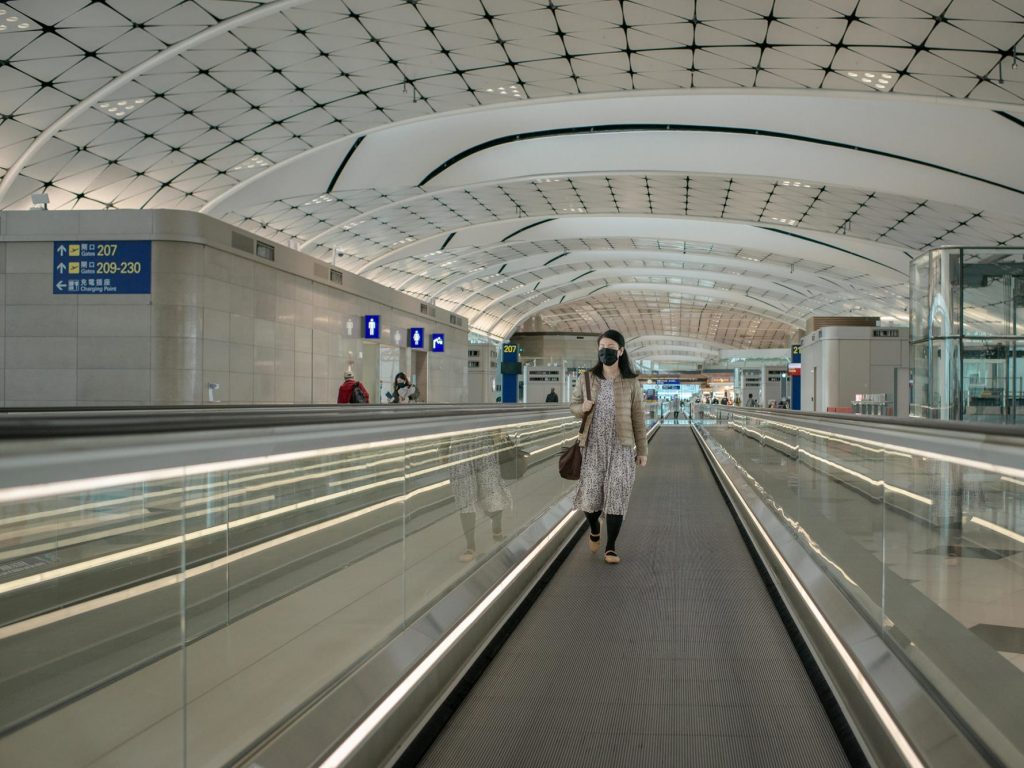The coronavirus, or COVID-19, has been changing the way we live our daily lives. Part of that ongoing change includes travel, and the Department of Foreign Affairs (DFA) has recently advised against all non-essential travel, specifically to select countries. This could affect travel to and from locations like Ireland, the United States, and more.

However, life does go on and some travel must still occur, so here is the travel insurance advice during the coronavirus pandemic that you will need to make your trip a successful one.
Some great advice regarding travel insurance from the AA Ireland Insurance can be found here.
If you find that our trip is directly impacted by the spread of coronavirus, or you contract it yourself, you should immediately contact your travel provider to review any updated options for you, such as reclaiming costs for cancelled or curtailed trips.
As a patron of an airline, you are entitled to certain things, such as a new flight if yours has been cancelled, or a refund. If you opt for a flight traveling home, the airline should assist you while you wait for the flight availability, including meals, accommodation, transport, and phone calls or access to email.
When seeking a refund due to a cancelled flight, reach out to the travel provider directly first. If you booked the flight on your own, try reaching out to your accommodation provider first. If these do not work, then you should contact your travel insurance provider.
It is important to realize that if you want a refund, but your flight has not been cancelled, then you may not be entitled to a refund.
There is a cutoff date that needs to be taken into consideration: March 16, 2020. Certain elements of travel insurance (cancellation, medical expenses, etc.) are affected differently if you purchased a policy either before or after this specific date.
FOR THOSE WHO PURCHASED TRAVEL INSURANCE PRIOR TO MARCH 16, 2020
- Cancellations would be considered as long as the trip was booked before March 16, 2020, as well as curtailment and medical expenses.
- People purchasing a new trip after this date are not covered due to cancellations related to COVID-19.
- If your trip ends earlier than expected, curtailment claims regarding coronavirus are considered, provided that there is a “no travel” notification issued by the DFA for your destination while you are traveling.
- Medical expense claims related to coronavirus would be considered while traveling, however this is dependent on whether or not the person is traveling against DFA advice.
FOR THOSE WHO PURCHASED TRAVEL INSURANCE AFTER MARCH 16, 2020
- First and foremost, travelers should be aware that anyone purchasing a policy after March 16, 2020 will not be covered for cancellation claims due to COVID-19.
- Additionally, if your trip ends prematurely, curtailment claims related to coronavirus would be considered, provided that there is an updated “no travel” notification from the DFA.
- Medical expenses claimed while traveling, if they are related to coronavirus, would be considered as long as you are not traveling against DFA advice.







